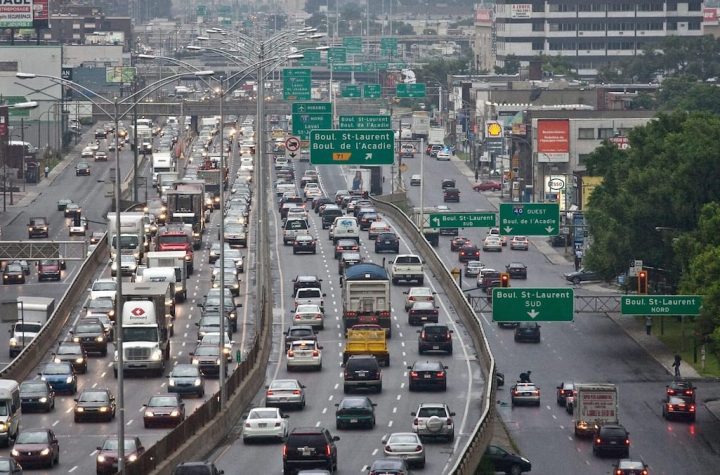
Generative artificial intelligence (AI) uses “30 times more energy” than a traditional search engine, warns researcher Sasha Lucioni, who wants to educate the public about the environmental impact of this new technology.
Recognized as one of the 100 most influential people in the world by American magazine AI time In 2024, this Canadian of Russian origin has been trying for years to quantify the emissions of programs like ChatGPT or Midjourney.
“I'm very disappointed that generative AI is being used to search the Internet,” lamented the researcher, met by AFP at the ALL IN conference dedicated to artificial intelligence in Montreal.
Training the language models on which these AIs are based requires enormous computing capabilities, requiring powerful servers. Added to this is the power consumed to respond to user requests.
Instead of extracting information, “like a search engine does to find the capital of a country for example”, these AIs “generate new information”, making everything “more powerful”, she underlines.
According to the International Energy Agency (IEA), by combining AI and the cryptocurrency sector, data centers will consume nearly 460 TWh of electricity in 2022, or 2% of total global production.
A pioneer in research on the impact of AI on the environment, Sasha Luccioni is involved in the creation of a tool aimed at developers in 2020. “CodeCarbon” has since been downloaded more than a million times.
The person leading the climate strategy of Hugging Face, an open access AI model sharing platform, is now working on creating an algorithm certification system.
Similar to Energy Star, which assigns scores according to the energy consumption of a device in the United States, this program makes it possible to know the energy consumption of food by comparing it with the French Nutri-Score. A model that encourages users and developers to “make better decisions”.
“We don't consider water or rare materials,” she admits, “but at least for a certain task, we know we can measure energy efficiency and say this model has an A+, then this model has a D,” she explains.
To develop his tool, Sasha Luccioni is testing it on publicly available AI models (e.g. Open source), but she also wants to do it in Google Models or the currently reluctant OpenAI (creator of ChatGPT).
Although they have committed to achieving carbon neutrality by the end of the decade, these tech giants are increasing their greenhouse gas emissions in 2023 due to AI: +48% for Google compared to 2019 and +29% for Microsoft compared to 2020.
If we don't do anything to regulate these AI systems, “we're accelerating the climate crisis,” sighs a thirty-year-old who is demanding more transparency from these companies.
She said the solution could come from governments currently “navigating blindly” without knowing “what's in the data sets or how the algorithms are being trained”.
“If we have transparency, we can initiate legislation,” maintains the expert.
For the Montreal researcher, we need to “explain to the public what productive AI can and cannot do, and at what cost.”
In her latest study, a woman of many international interventions has demonstrated that creating a high definition image using artificial intelligence consumes as much energy as fully recharging your mobile phone battery.
At a time when more and more companies want to democratize this new technology by integrating it in many formats (conversational robot, connected devices, online searches), Sasha Luccioni advocates “power restraint”.
The idea here, she stresses, is not to oppose AI, but to choose the right tools and use them wisely.





More Stories
Russia imposes fines on Google that exceed company value
Historic decline in travel in Greater Montreal
Punches on the “Make America Great Again” cap: Two passengers kicked off the plane